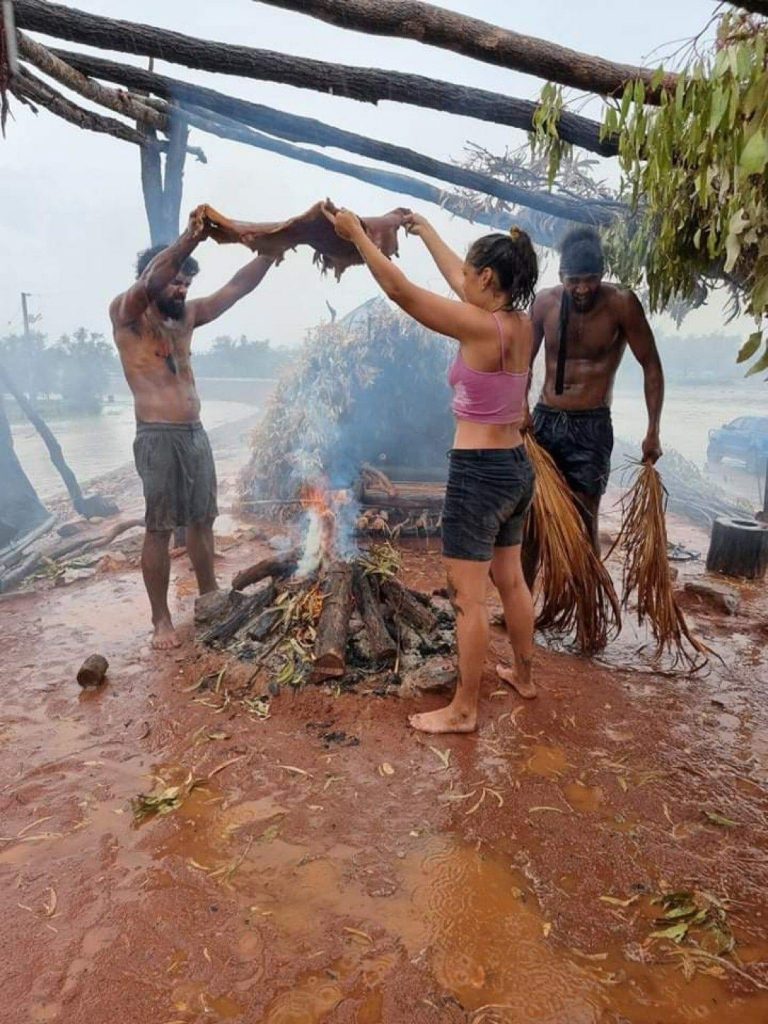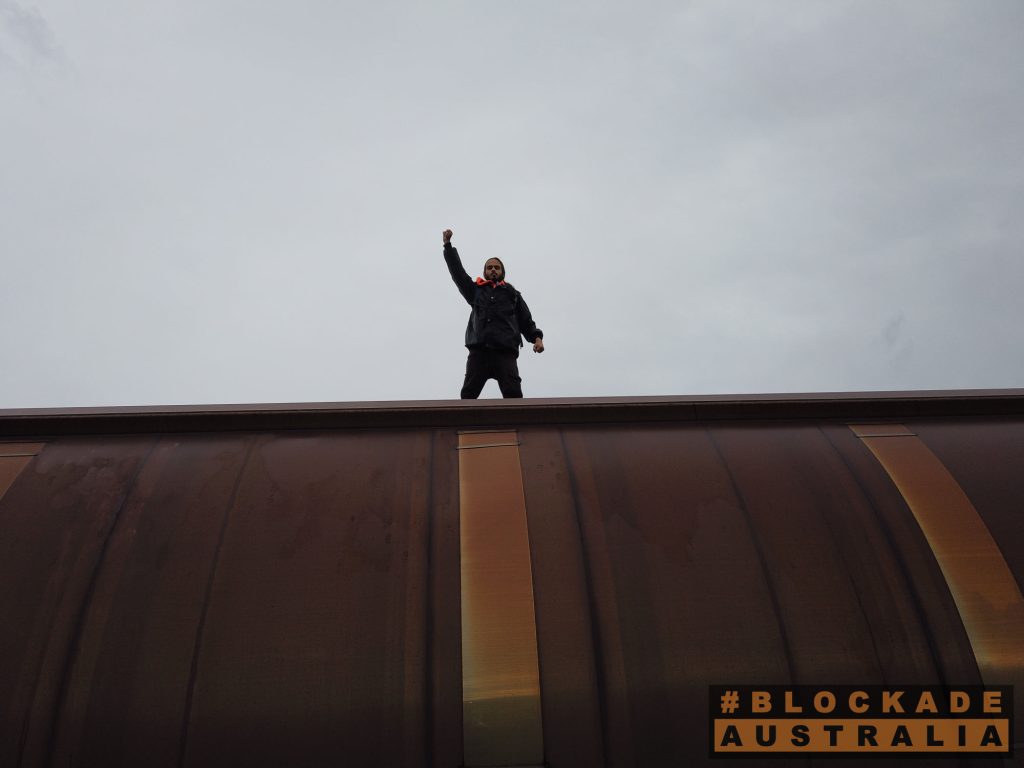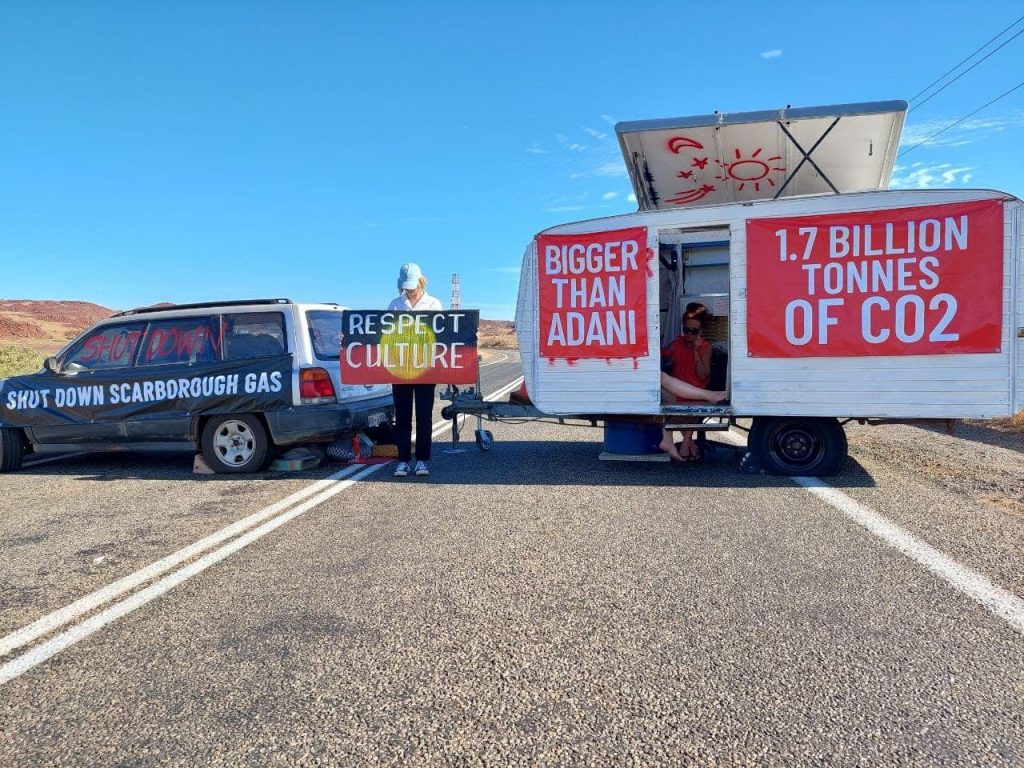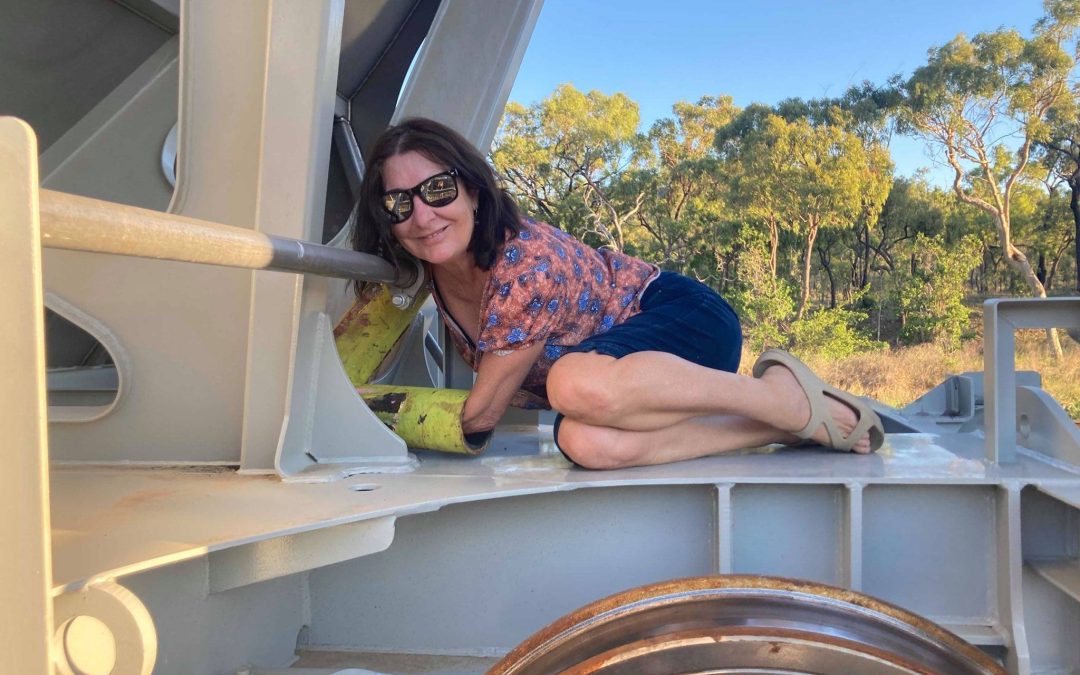After two weeks of world leaders gathering in Glasgow to negotiate a new global climate agreement, COP26 President Alok Sharma stood up to announce the final agreement. Fighting back tears, he said “May I just say to all delegates I apologise for the way this process has unfolded and I am deeply sorry. I understand the deep disappointment but I think as you have noted, it’s also vital that we protect this package.”
Well Alok, welcome aboard. The bus you’re on has reached that unpleasant location all activists come to sooner or later – the point where your ideals meet your limitations.
Everyone trying to create social change gets there eventually. Some never make it past – they shrink back from the struggle, muttering about pointlessness and burnout. Sometimes it’s particularly cruel – you think you’ve achieved something, and then watch it come undone. You lock yourself to a coal train, bringing the whole apparatus to a halt for half a day, then the cops cut you off and from the back of the wagon you hear the thing rumble back to life. Or you take a mining approval to court, spend months filling out endless paperwork, win the case; then read in the news when the government reapproves it with the most minor changes.
Or after years of lobbying and activism, you see the private market turn away from fossil fuels towards renewable energy. Then a party that claims it is all about “small government” offers the industry hundreds of millions in subsidies for a “gas-fired recovery”. Or that same party, after destroying two separate hard-fought pieces of climate legislation, make a pamphlet they claim is a plan to a net-zero carbon economy and smugly take credit for everyone else’s work they spent years trying to destroy.
This is the history of climate activism in this country – vast amounts of effort go into taking small steps forward, then like a footprint in a sand dune it slides backwards before your eyes.
Last week, a train loaded with coal rolled out of Adani’s Carmichael mine. It was only a test run, but the real thing is not far off. Astonishing amounts of time and effort have gone into the campaign against that mine, work that has delayed and downsized the mine and forever impacted the ability of the fossil fuel industry to get finance and contracts for new projects. And yet there it was – little black lumps of Galilee Basin coal heading towards the port. 62 year mother and retiree Megan Byrnes locked herself to the train – disrupting Adani’s test run for a few hours, but more importantly signalling to everyone that the climate movement is not giving up.

A couple of hundred kilometres south-west of where Megan stopped that train, Wangan and Jagalingou Cultural Custodians are still camped out across the road from Adani’s pit at their Waddananggu ceremonial grounds. It’s been 91 days now in blazing sun and occasional torrential downpours, but even that is just the latest step in a decade long struggle against the mine. Day after day they stay there, watched around the clock by Adani’s security while the company’s trucks go up and down excavating away their land. It’s a long game they are playing there – trying to keep their traditional culture alive as an act of resistance to the industry that sees country as nothing more than an obstacle to getting at the riches beneath.
Meanwhile, thousands of kilometres south in Newcastle, activists from Blockade Australia for two weeks disrupted activities at the world’s biggest coal port. It was an incredible effort of repeated, creative blockade actions – an amazing display of ingenuity, courage and dedication. Just the kind of skills we need to tackle the climate crisis. They likely weren’t expecting thanks from the powers that be in our society, and they didn’t get it. They were lambasted by media and politicians, had police commissioner Mick Fuller make a mockery of his own laws by charging them vexatiously with “intent to kill or injure person on railway”, and in the end had one of their participants Sergeio Herbert thrown in prison for a year (he has since been granted bail to appeal the sentence). Blockade Australia have vowed they will be back next year with more of the same.

Sergeio himself has surely been testing even his deep reserves of enthusiasm. The 22 year old has been arrested over twenty times in climate protests over the last few years – his determination admirable and his actions symbolic of the many young people who want real action on climate change but see few avenues for it through the political system. Getting arrested isn’t very fun, and going to prison doesn’t do anyone much good. The consistent personal attacks he has endured from the right wing media would be too much for most people too. But Sergeio is inspired by the history and theory of civil disobedience and committed to keeping climate change in public discourse any way he can.
Then there’s environmentalists in Western Australia, who fought so hard to get an end to native forest logging in the state this year, who nearly a decade ago stopped a gas hub near Broome, and now have another fight on their hands. Petroleum giants BHP and Woodside have confirmed they are pushing ahead with their Scarborough offshore gas project. It is proposed to emit 1.6 billion tonnes of carbon dioxide – three times Australia’s annual output. The companies, naturally, are claiming it’s good for the climate.

I could go on forever, but suffice to say that Alok Sharma is not alone in feeling disappointed and sorry that all his hard work has not been enough. We imagine conversations with future generations where we say the same. We weigh up whether to engage with facebook trolls who sit around doing nothing but go on our pages to tell us that our efforts make no difference. We dialogue with our own minds and bodies, exhausted from the endless banging of heads against the wall, that we did our best and shouldn’t feel guilty for what we couldn’t achieve.
And then we get up and go again. Because it’s the right thing to do. Because to sit back and watch it all unfold is too depressing a thought to indulge. Because we are inspired by our friends and comrades around the world. Because you can’t just hand victory to those smug jerks who make their money from destroying our planet then claim they are doing everyone a favour. Because every bit of coal or gas kept in the ground make climate change a little less disastrous. Every tiny reduction in fossil fuels or land clearing or political hot air could be the difference that stops our climate from hitting a carbon tipping point and spinning out of control. Because we’ve fought this hard for this long, and it wasn’t for nothing.
That’s why the resistance to Adani’s mine won’t stop when they do start shipping coal out. That’s why the threat of prison sentences won’t stop people from taking direct action against environmental destruction. That’s why the resistance has to continue against the next mine, the next gas hub, the next greenwashing corporation and the next climate denying politician.
There’s nothing wrong with letting out a few tears sometimes, like Alok Sharma reading out the COP agreement. Nothing you can do about a bit of vitriol or ridicule from the haters. Sometimes we feel frustrated, angry, hopeless, overwhelmed. But then we muster together our willpower, encourage our friends, and get back to work. We organise, blockade, write, talk, build for climate action. Because our planet, and those who live on it, depend on the often hard, thankless and dispiriting work of those trying to protect it.
– Andy Paine


Recent Comments